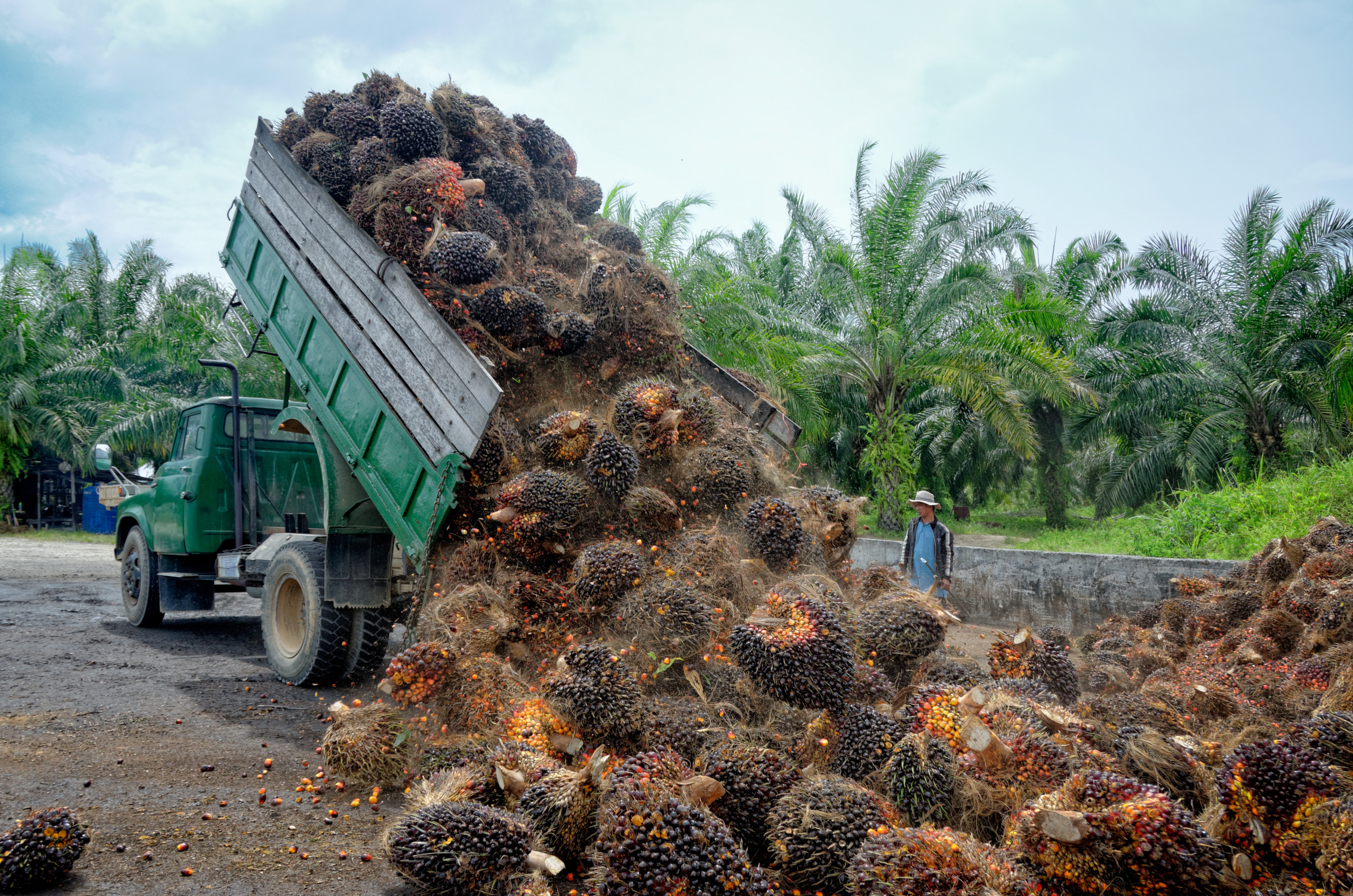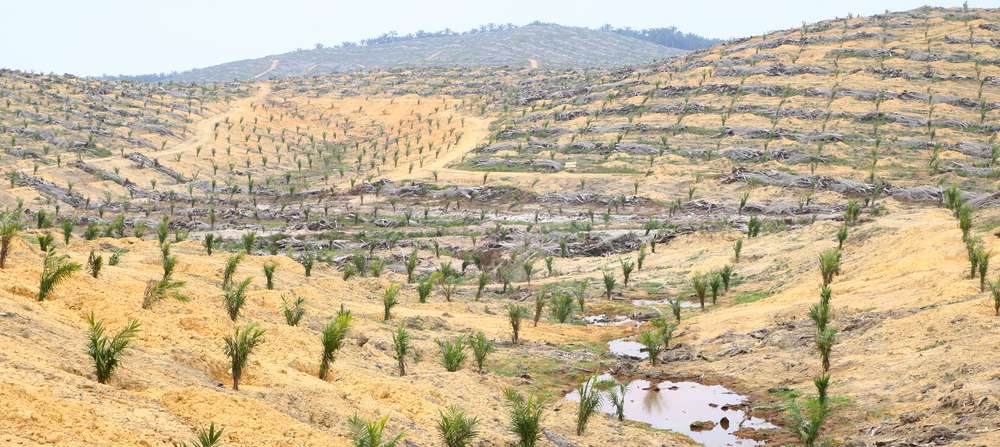The next day marks the start of a civil society seminar on the trade negotiations between the European Union and Indonesia. The event aims to bring together organisations that work on issues that are related to the trade agreement such as: human rights, labour rights, health, palm oil, mining, illegal logging, investment protection and public services.
The ability of governments to regulate in public interest can be constrained
By being together we can exchange views on these issues, foster common positions and develop strategies to influence the negotiations. Rachmi Hertanti, from the Indonesian NGO Indonesia for Global Justice, asks attention for the impact that investment protection provisions can have on the lives of citizens.
Indonesia has been faced with such cases. They can cost the Indonesian government a lot of money and/or result in a so-called ‘regulatory chill’. This means the ability of governments to regulate in the public interest – which might have a negative impact on investors – can be constrained. For civil society this situation is unacceptable.


Should palm oil be part of CEPA?
Today the main focus of the seminar was on palm oil. Palm oil is an important sector for Indonesia in terms of economic interest and employment, but it is also characterised by severe violations of labour rights and rights of indigenous people, deforestation (with significant negative impacts on biodiversity) and environmental degradation
Something needs to be done, so much is clear. However, it remains to be debated if the palm oil issue should be part of the CEPA. On the one hand, this might prevent the current situation of becoming worse. On the other hand it poses the risk of having a weak compromise in the agreement instead of ambitious provisions. Also because existing standards such as RSPO have already proven to be not effective.
We concluded the seminar with a session on strategizing and forward looking on the possible cooperation between European and Indonesian NGOs. Hence, this story is to be continued.
The European Commission and the Indonesian government will hear more of us in the near future!